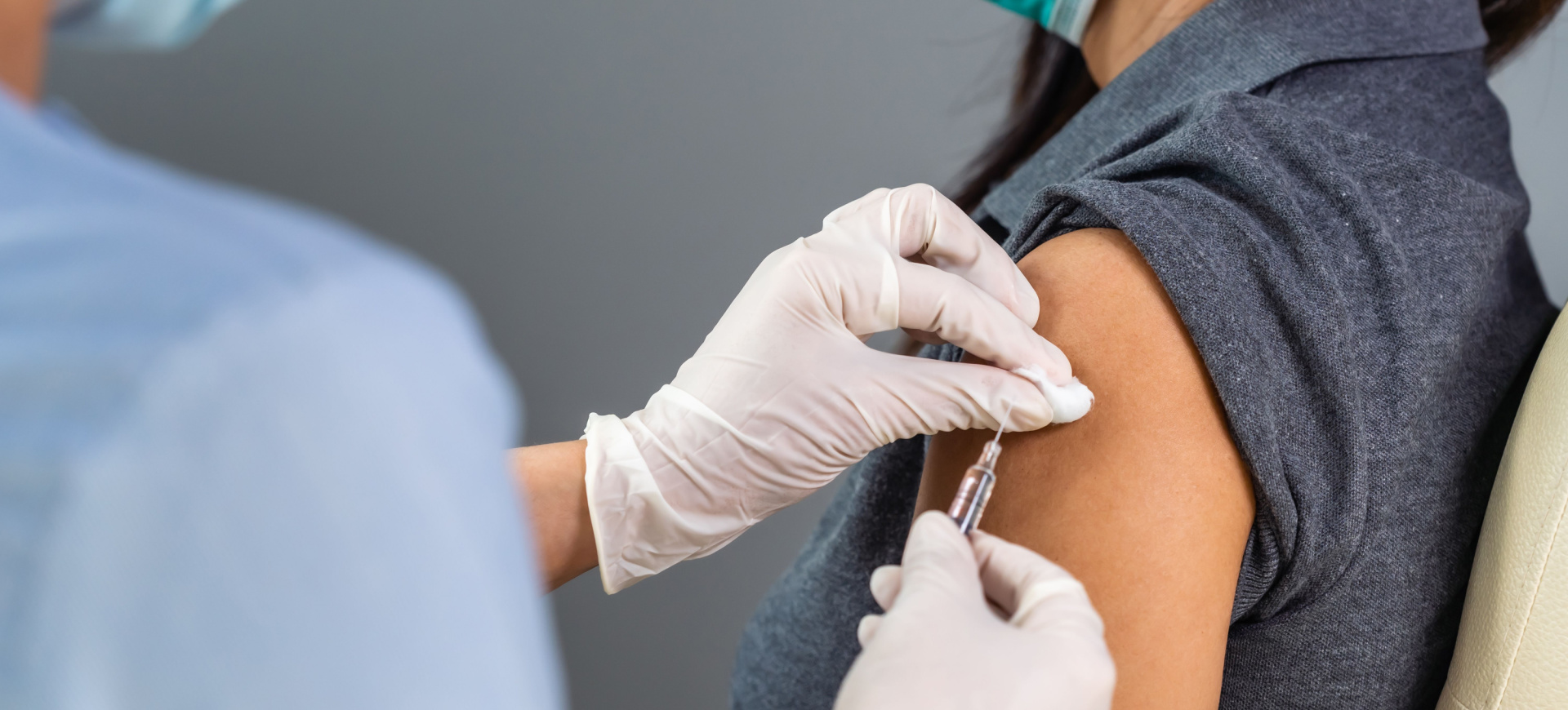When health is at risk, everything is at risk
Since the World Health Organization was established, the world has seen enormous health gains, but inequities and inequalities remain that threaten our social, economic and political stability and security
In 1948, as countries were rebuilding from the collective trauma of World War Two, they came together to sign a unique international treaty: the Constitution of the World Health Organization.
In the 75 years since then, the world has seen major improvements in health. Life expectancy globally, for both sexes, has increased from 46 to 73 years, with the biggest gains in the poorest countries. The WHO led a successful campaign to eradicate smallpox, and is part of a consortium that has driven polio to the brink. Forty-two countries have eliminated malaria, and the HIV and tuberculosis epidemics have been pushed back. In the past 20 years alone, smoking has fallen by a third, maternal mortality has fallen by a third and child mortality has more than halved. In just the past five years, new vaccines for Ebola and malaria have been developed and licensed.
Of course, the WHO cannot claim sole credit for these successes – the very nature of what we do involves working with partners to support countries as they implement policies and programmes that drive change. But it is difficult to imagine the world would have seen the same improvements in health had the WHO not existed.
Despite these gains, severe inequities and inequalities remain in global health, which were amplified by the Covid-19 pandemic. On top of the death and suffering it caused, Covid-19 severely disrupted health systems, roiled economies, shuttered businesses, destroyed livelihoods and caused immense social upheaval, with borders closed, movement restricted and schools shut.
Exposed fault lines
Covid-19 also exposed and exacerbated political fault lines, within and between countries. Vaccines, masks, ‘lockdowns’ and other public health measures, and the origins of the pandemic have inflamed geopolitical tensions domestically and globally.
One of the key lessons of Covid-19, therefore, is that a pandemic is so much more than a health crisis: when health is at risk, everything is at risk. That means investments in protecting health are also investments in social, economic and political stability and security. Countries spend vast amounts preparing for the threat of a terrorist attack, but relatively little preparing for the attack of a virus, which can be far more damaging, and far more costly.
At a time when economies are stagnating, debt is rising and budgets are squeezed, governments are under pressure to tighten the purse strings. But now is exactly the right moment to make strategic investments in health – investments in human capital – that will pay dividends for decades to come in more healthy, productive, secure, equitable and sustainable societies.
The G20 has a key role to play here, both in bolstering the world’s defences against epidemics and pandemics through the Joint Finance-Health Task Force and the Pandemic Fund, as well as by supporting lower-income countries to strengthen the foundations of their health systems, especially at the primary healthcare level.
The challenges we face today are very different from those when we were founded in 1948. Non-communicable diseases now account for 70% of all deaths globally; obesity rates have skyrocketed; antimicrobial resistance threatens to unwind a century of medical progress; and air pollution and climate change are jeopardising the very habitability of the planet on which all life depends.
At the same time, we continue to face vast disparities in access to health services, between and within countries and communities. Since 2000, the number of people with access to essential services has increased significantly, but the number of people who are impoverished every year by out-of-pocket health spending has almost doubled to 1.1 billion.
The WHO, like the United Nations of which it is part, was founded on the belief that the only alternative to global conflagration was global cooperation. In the preamble to the WHO Constitution, countries affirmed not only that health is a fundamental human right of all people, but also that “the health of all peoples is fundamental to the attainment of peace and security and is dependent on the fullest co-operation of individuals and States”.
Meeting shared threats
The Covid-19 pandemic has demonstrated how right they were, on both counts. As the world rebuilds from the devastation of the most severe health crisis in a century, countries are once again coming together to negotiate a new pandemic accord – a legally binding pact between countries to meet shared global threats with a shared global response. Alongside these negotiations, countries are also discussing amendments to the International Health Regulations, the instrument of international law that governs the global response to health emergencies.
It is often said that if the WHO did not exist, it would need to be created, and in the current geopolitical environment, it is far from certain that would be possible. Ultimately, the WHO belongs not to those of us who work for it, but to the countries and people of the world, who created it 75 years ago with a vision for a healthier, safer, fairer world.












